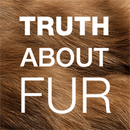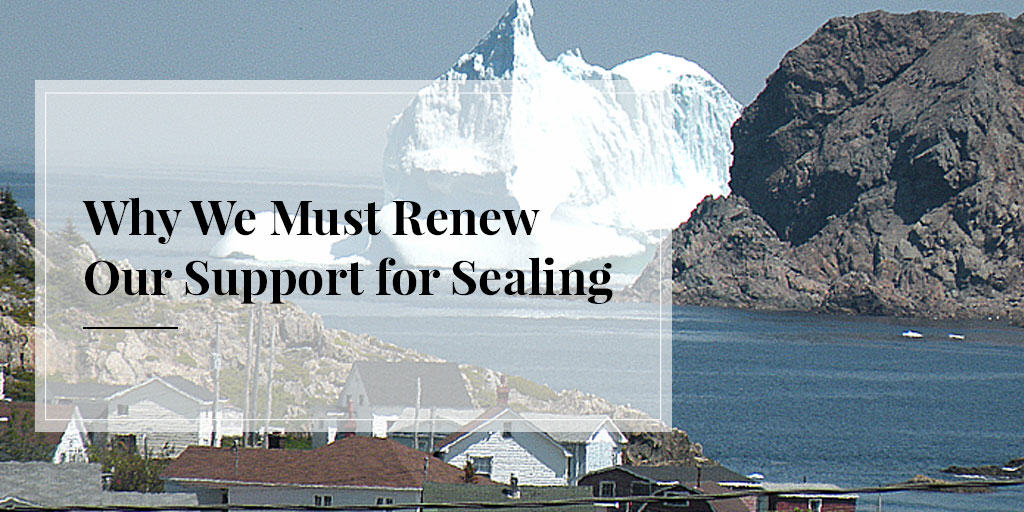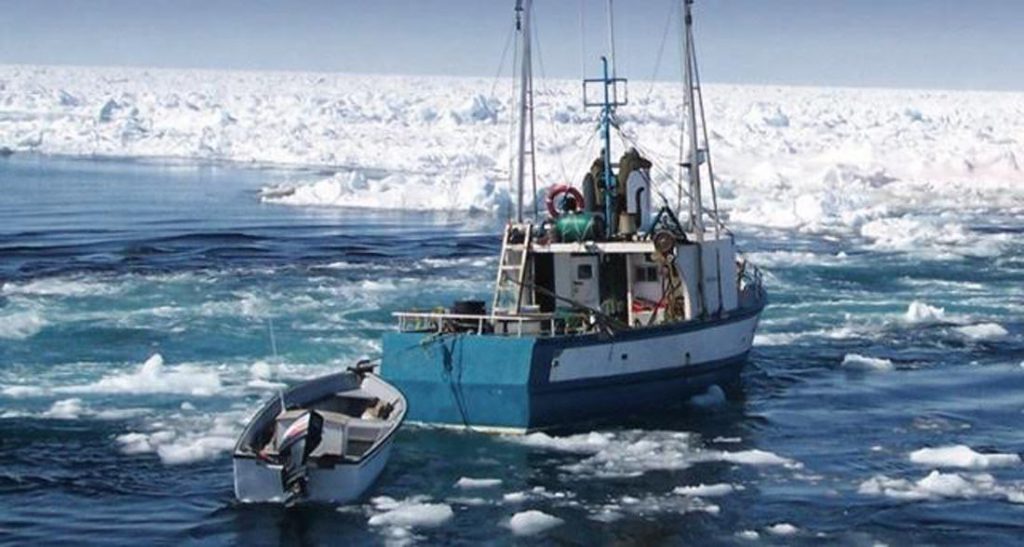Sustainable Use Alliance Aims to Restore Integrity of CITES
by Eugene Lapointe, president, IWMC World Conservation TrustAnimal rights NGOs are currently exploiting the Covid-19 pandemic to close down animal farms and prohibit all trade in wildlife….
Read More
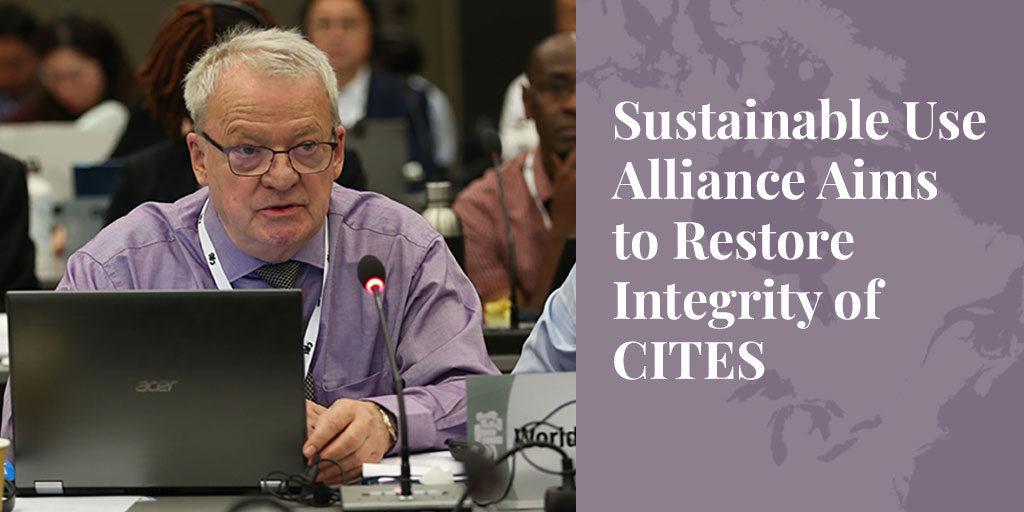
Animal rights NGOs are currently exploiting the Covid-19 pandemic to close down animal farms and prohibit all trade in wildlife. I am on the frontline of that battle. From 1982 to 1990, I headed the Convention on International Trade in Endangered Species of Wild Fauna and Flora (CITES). Today I speak as a founder and coordinator of the Sustainable Use Alliance, which seeks to represent the interests of countries, wildlife farmers, fisherfolk, traders, hunters, trappers and others who support the wise use of flora and fauna. So, here comes our beef.
I’ve been associated with CITES for around 45 years. In that time, I have witnessed a paradigm shift. Unlike when I was in charge, in the 21st century a CITES Conference of the Parties, or CoP, resembles a religious festival. The activists that attend in great numbers are immune to rational argument because they are on a mission to save nature from humanity. During debates, especially when they win the vote, activists stamp their feet, wave banners, clap and cheer, while sometimes dressed in animal costumes - synthetic, of course. They arrive at CITES CoPs with fixed agendas, secure in the knowledge that they have predetermined most of the outcomes.
How this transformation occurred takes some explaining, so let’s start at the beginning.
Mission Creep
In the early 1970s, as a representative of the Canadian government, I played a small part in the creation of CITES, and I was proud to have been given that opportunity. Then almost ten years later, I was prouder still to be made its secretary-general. Back then I thought, as I still do, that CITES was a much-needed intergovernmental institution, which implemented improvements to the regulatory status of flora and fauna that were being endangered by international trade.
But over the decades, external meddlers took control of CITES' affairs and mission creep set in.
Species that CITES was never meant or equipped to list have been listed regardless of the consequences.
Today, numerous species that are not endangered by trade, and some of which are barely traded, have been added to the three CITES Appendices - lists of species afforded different levels or types of protection from over-exploitation.
Species such as most marine fish, that CITES was never meant or equipped to list, have been listed regardless of the consequences. Often CITES lacks the ability to implement listings effectively, or the listings undermine other more appropriate regulatory regimes. For land-based species, the consequences include depriving nations of the financial means and/or incentives to conserve species, such as elephants, rhino, giraffes and big cats.
This corrosion of CITES’s core purpose and integrity was instigated and led by NGOs.
SEE ALSO: Animal rights lies hurting African wildlife management. By Ron Thomson for Truth About Fur.
Virtue Signalling and Protectionism
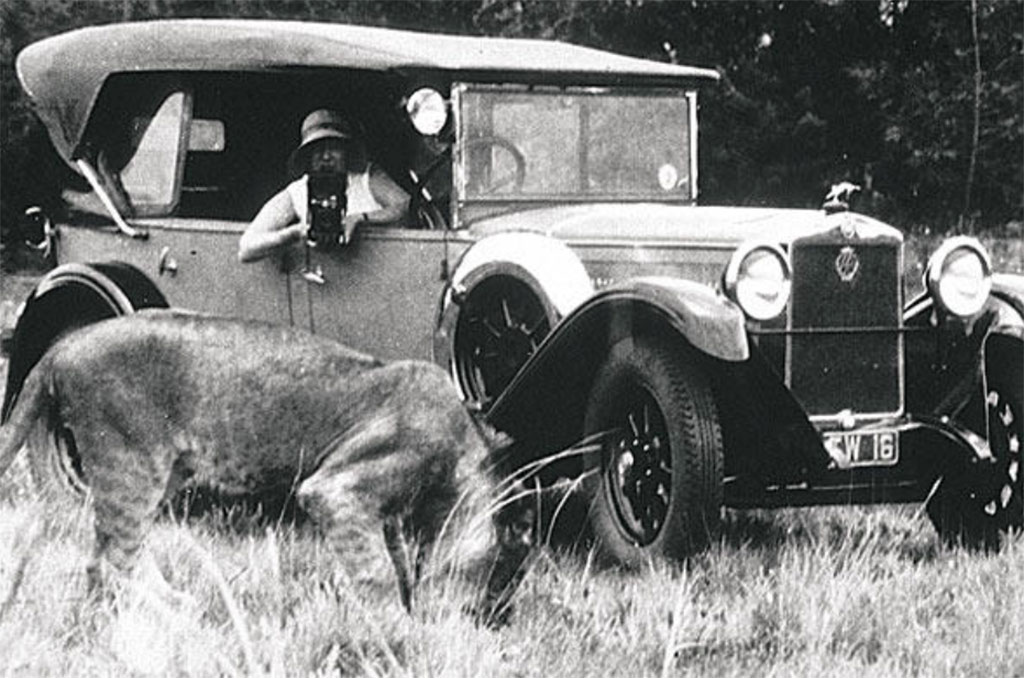
There’s no doubt that CITES has been the victim of pork-barrel politics, much as was seen at FIFA, the international governing body of football. This includes vote buying, orchestrated by third parties which have taken advantage of the plight of the often chaotic decision-making processes in some developing countries. But there were two more important developments that handed the NGOs their "license" to deracinate CITES.
First, in the late 20th century, Western powers began to feel the urge to virtue signal. Actually, this represented little more than a modern makeover of their discredited 19th-century colonial outlook. Its main purpose was to demonstrate the "moral superiority" of the old powers over "lesser" countries, located mostly in Africa and Asia. This trend later became entwined with a second key ingredient that helped empower NGOs, which was the re-emergence of protectionism. Protectionism in its original pre-1945 incarnation, of course, had long been discredited, so the modern version came wrapped in the deceitful language of conservation or public health protection.
It was the popularization of these two trendy but disingenuous mantras that opened the space for mega-rich NGOs, such as the World Wide Fund for Nature (WWF), the International Fund for Animal Welfare (IFAW), People for the Ethical Treatment of Animals (PETA) and the Pew Charitable Trusts, to capture CITES. This was something they were itching do anyway because they oppose international trade in wildlife as a matter of principle, and not for scientific reasons. They are driven by emotions - the same emotions that have them ranting and raving about the "immorality" of alligator handbags and shoes, or garments made from fur.
SEE ALSO: The ethics of fur. Truth About Fur.
Founding Principles Perverted
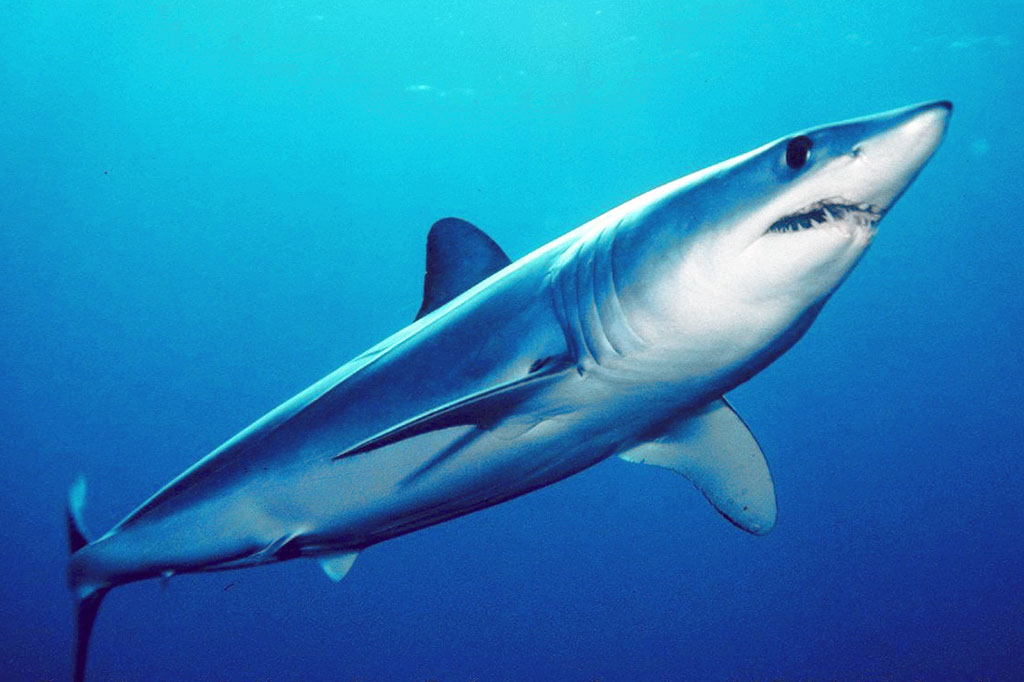
So today, we are faced with the uncomfortable reality that the founding principles of CITES have been perverted. An example of this was the listing of the mako shark in Appendix II at CoP-18, in August 2019. More than 20 million makos are neither endangered nor threatened by international trade - of which there is very little. Actually, with some worrying exceptions, most mako populations are stable or growing. But CoP-18 saw fit to ignore the compelling scientific evidence that was put before it. And this was not an isolated incident.
On 11 separate occasions, COP-18 adopted proposals for listing species in CITES Appendices against the recommendations of the CITES Secretariat. Now, of course, I’m not suggesting that the CITES Secretariat is infallible. But I have to say that at CoP-18, its recommendations mostly reflected those of the established experts.
The reality is that well-resourced NGOs, staffed by sharp-suited zealots, work behind the scenes to manipulate the agenda-setting process. They spend millions of dollars on propaganda and other initiatives designed to list as many species as possible in CITES Appendices. These NGOs, such WWF, Pew, IFAW and the Humane Society of the US, consistently secure votes in support of their preferred outcomes ahead of debates. They do this vote-acquisition work even before the relevant scientists and authorities have had a chance to make objective assessments of the efficacy of particular proposals for a listing in the CITES Appendices.
Stop Meddling in Domestic Affairs
So, after CoP-18, many Parties and trade representatives from around the world were filled with a fury that I’ve never seen before. They can no longer tolerate or ignore how a body that once concerned itself with international trade has seemingly been completely lost to reason and common sense. They want CITES to stop meddling in their domestic affairs, for instance, by banning ivory markets and/or all trade in rhino and elephant byproducts. So, responding to that welcome mood, I played a leading role in helping to create the Sustainable Use Alliance.
Formed in Geneva in February 2020, the Sustainable Use Alliance brings together a diverse group of representatives of countries (10 so far) and trade bodies from around the world. The SUA is not a tight-knit organisation, but a loose grouping that is open to debate and disagreement. What unites the SUA’s ranks is a shared commitment to the founding principles of CITES, with the goal of restoring its integrity.
It will take a major, well-planned endeavour to ensure that the animal rights NGOs do not win this war of opinions and consequences.
And thanks to the Covid-19 pandemic, the need for our initiative is now more important than ever. It doesn’t take a genius to predict that in the next few years, the fear of zoonoses - diseases or infections that are transmissible to humans from other vertebrates - will feature prominently in the debates within the fora of CITES and elsewhere in society, as a fierce spotlight is shone on all trade in wildlife.
It will take a major, well-planned endeavour to ensure that the animal rights NGOs do not win this war of opinions and consequences. Because, make no mistake, the utopian view of the world pushed by animal rightists threatens more than international trade in wildlife, and the vital incentives this brings for science-based conservation. It also endangers every aspect of humanity’s relationship with nature, and the many benefits that the wise use of wildlife delivers - including my leather shoes and fur hat.
***
To learn more about donating to Truth About Fur, click here.
